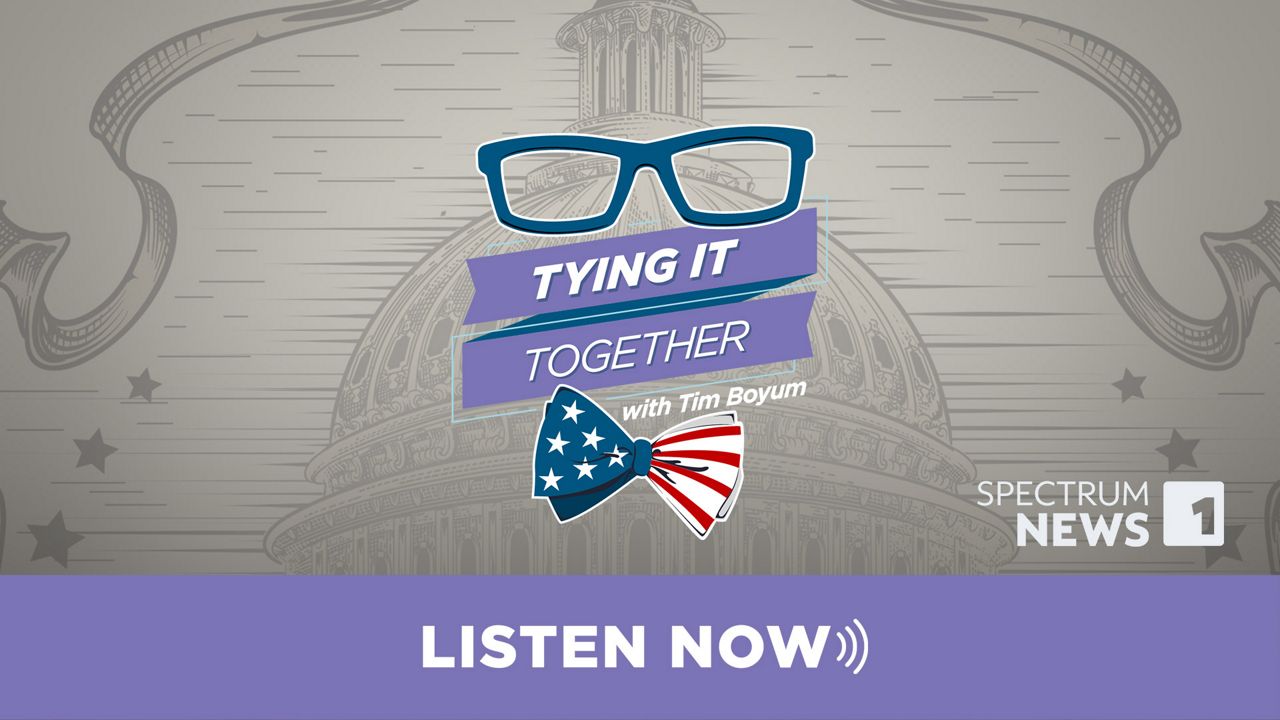RALEIGH, N.C. – As we round the corner on "Dry January," a new survey from Suffolk University and USA Today reveals that while 86% of people don’t plan to alter their drinking habits, the dangers of alcohol are becoming harder to ignore.
Earlier this month, outgoing Surgeon General Dr. Vivek Murthy warned that alcohol is linked to 100,000 cancer cases and 20,000 cancer-related deaths annually. Despite the alarming statistics, only 13% of people say they intend to drink less.
Dr. Jeremy Grove, a clinical psychologist with Duke Health, says it all begins with making the choice to cut back.
“First thing is just to try to make a commitment one way or the other,” Grove said. “The next thing is just to set realistic goals so you’re not setting yourself up for failure.”
He said it’s important to surround yourself with positive environments that don’t trigger the urge to drink.
Grove also encouraged seeking out sober activities, which can provide an enjoyable alternative to drinking.
“Doing things that are fun, that are also sober activities, in place of drinking, would also be useful,” he said.
According to Grove, setbacks are natural and should not be seen as failures.
“The best thing you can do really is just to try and get back on the horse as much as possible,” he said. Noticing improvements in physical and mental well-being — such as better sleep and improved mood — can help motivate continued success.
“Reward yourself for all the success and notice the benefits,” Grove added.
Grove said better sleep and improved mood are among the benefits of cutting down on alcohol.
“People don’t realize that even though sometimes you drink to excess, it might make you sleepy but not give you quality sleep,” he said.
By drinking less, he said, “you’ll just feel physically better... you don’t have to worry about waking up the next day and feeling the last night’s effects of drinking.”
Cutting back is not without its challenges, Grove acknowledged.
“One of the biggest challenges is not changing up routine and not changing up the environment,” he said. He noted that being around people who remind you of drinking or having alcohol in the house can make it difficult.
Grove recommends seeking help from a therapist or consulting self-help resources for those ready to take the first step.
“There are plenty of self-help books, or if you just go on Google and search how to cut down on drinking, you’re going to get tons of good tips,” he said.











